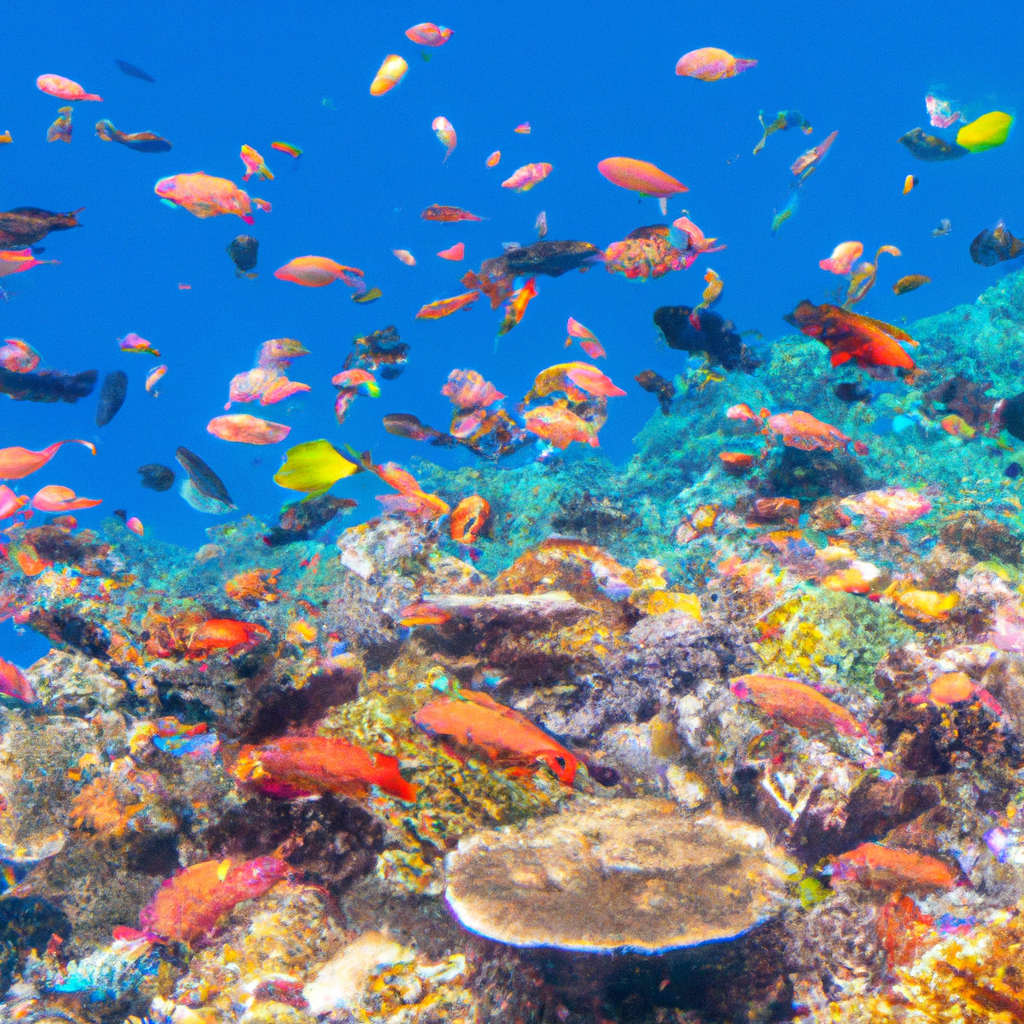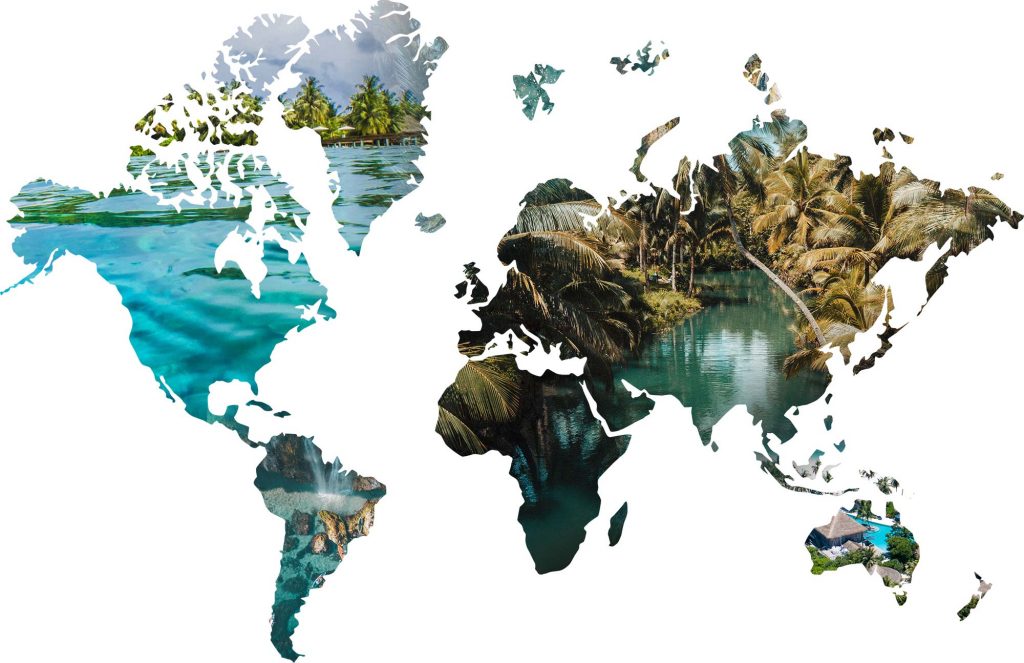
Ocean conservation and responsible tourism are essential for preserving the delicate ecosystems that exist beneath the waves. As travelers, it is our responsibility to minimize our impact on these fragile environments and ensure their long-term sustainability. In this article, we will explore various ways in which we can contribute to ocean conservation and practice responsible tourism. By following these guidelines, we can make a positive difference and help protect our oceans for future generations.
The Importance of Ocean Conservation
The world’s oceans play a crucial role in maintaining the planet’s overall health. They are home to a diverse array of marine life, provide a source of food and livelihood for millions of people, and help regulate the Earth’s climate. However, human activities such as overfishing, pollution, and climate change are threatening the delicate balance of these ecosystems.
Understanding the Impact of Tourism
Tourism, while providing economic benefits to communities, can also have a significant impact on marine environments. Activities such as snorkeling, diving, and boat tours can disrupt marine life, damage coral reefs, and pollute the water. It is vital for travelers to be aware of their actions and make conscious choices to minimize their impact while enjoying these beautiful destinations.
Responsible Tourism Practices for Ocean Conservation
1. Choose Sustainable Accommodation
When planning your trip, opt for accommodations that have sustainable practices in place. Look for eco-friendly resorts or hotels that employ responsible waste management systems, use renewable energy sources, and support local conservation initiatives. By supporting these establishments, you are encouraging sustainable practices within the tourism industry.
2. Support Local Conservation Efforts
Research and support local organizations and initiatives that are dedicated to ocean conservation. Consider volunteering your time or donating to these causes. By actively participating in conservation efforts, you can make a tangible difference and help protect marine ecosystems.
3. Practice Responsible Diving and Snorkeling
If you plan on exploring the underwater world, ensure you do so responsibly. Choose operators that follow sustainable diving and snorkeling practices, such as limiting the number of visitors and maintaining a safe distance from marine life and fragile coral reefs. Be mindful of your buoyancy and avoid touching or damaging the underwater environment.
4. Reduce Plastic Usage
Plastic pollution is one of the most significant threats to our oceans. To minimize your contribution to this problem, bring reusable water bottles, bags, and containers on your trip. Avoid using single-use plastics such as straws and disposable cutlery. Dispose of your waste properly and participate in beach or underwater clean-up activities whenever possible.
5. Respect Marine Life
When encountering marine life, whether it be dolphins, turtles, or whales, maintain a respectful distance. Do not disturb or attempt to touch the animals, as this can cause stress or harm. Adhere to responsible wildlife viewing guidelines and always prioritize the well-being of the animals and their natural habitat.
6. Choose Sustainable Seafood
Support sustainable fishing practices by choosing seafood that has been harvested responsibly. Avoid consuming endangered species or those caught using destructive methods. Look for certifications such as the Marine Stewardship Council (MSC) label, which ensures the seafood comes from sustainable sources.
7. Educate Yourself and Others
Stay informed about ocean conservation issues and share your knowledge with others. Educate yourself about the importance of biodiversity, the impacts of climate change, and the need for sustainable practices. By spreading awareness, you can inspire others to make conscious choices and contribute to ocean conservation efforts.
Conclusion
As travelers, we have the power to make a positive impact on ocean conservation through responsible tourism. By choosing sustainable accommodations, supporting local conservation efforts, practicing responsible diving and snorkeling, reducing plastic usage, respecting marine life, choosing sustainable seafood, and educating ourselves and others, we can help protect our oceans for generations to come. Let us embark on our journeys with an unwavering commitment to minimizing our impact and preserving the incredible beauty and diversity of our marine ecosystems. Together, we can make a difference.








